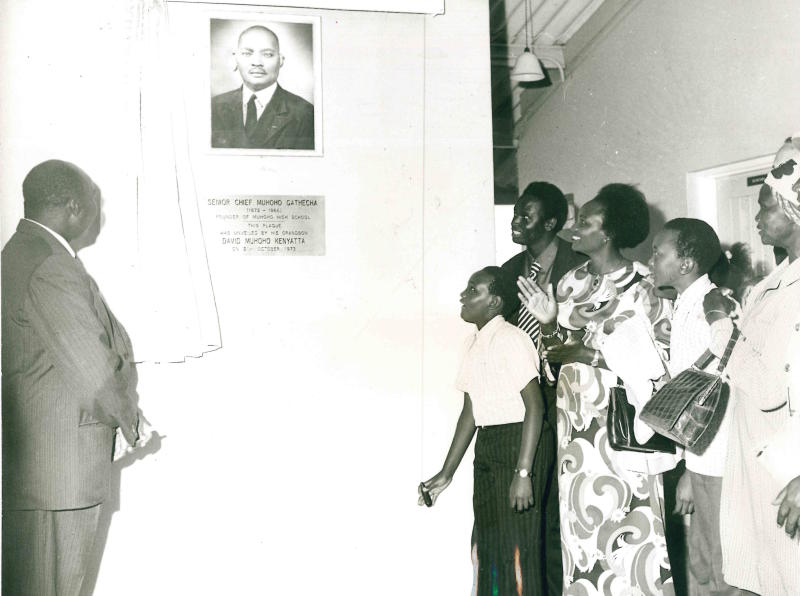×
The Standard e-Paper
Smart Minds Choose Us

When a hyena plans to devour one of its cubs, it accuses the young one of behaving and smelling like a goat. No amount of protestation, will save the cub, once the die has been cast for the accuser is the judge, the jury and the executioner.
This gem of African wisdom is aptly captured by an administrator who scripted an epitaph for the tombstone of one of his juniors, knowing well that there would be no grave to erect the cross.